Tribute to the most prayerful man I’ve known
Lepanto is a tiny town of some two thousand people in Poinsett County in northeast Arkansas. In the 1930s it was even smaller. But during the Great Depression, four Lepanto boys grew up together and changed the world.
One of them, James R. Hendrix, was a sharecropper’s son who left school after the third grade to work in the fields and help feed the family. He was drafted by the Army in 1944 and by Christmas of that year found himself in Belgium. Because of his actions at the Battle of the Bulge, Hendrix was awarded an honor granted to fewer than four thousand citizens in our nation’s history–the Medal of Honor. After the war he reenlisted and became a paratrooper, serving his country in both the Korean and Vietnam wars. Master Sergeant Hendrix retired from the Army in 1965 and died in 2002.
Three other boys—all living on the same, short Lepanto street—would grow to fight on battlefields of a spiritual nature.
Lucien Coleman earned a PhD and became a seminary professor who served at The Southern Baptist Theological Seminary in Louisville, Kentucky from 1966 to 1983 and was professor of Religious Education at Southwestern Baptist Theological Seminary in Fort Worth, Texas from 1983-1993. Dr. Coleman lives in Texas and is probably best-known for his widely-used book, How to Teach the Bible.
Avery Willis is surely the most-recognizable name of anyone native to Lepanto. He served as a missionary to Indonesia for fourteen years. While there he wrote the MasterLife discipleship series, which was translated into fifty languages and used in more than one hundred countries, making it one of the most influential ministry tools in Southern Baptist history. Willis moved from Indonesia to serve fifteen years in the adult discipleship department of the Sunday School Board (now Lifeway Christian Resources) of the SBC. He returned to missionary life in 1993 when he became vice-president of the International Mission Board of the SBC. “Mr. MasterLife” died in 2010.
Yesterday I was saddened by the news of the eldest of this Lepanto quartet. T.W. Hunt was taken up to Jesus on December 12, 2014.
I first met T.W. after I enrolled at Southwestern Baptist Theological Seminary in the fall of 1976. He was a music professor and I was a student in the School of Theology. Except for one required worship class in my final year, I would never have needed to enter the music building. So it’s likely that I would have never even met T.W. if not for his reputation for prayer. Early in my course of study at Southwestern I was seeking counsel about my spiritual life, but didn’t know where to turn. My pastor was a student only a year older than I, and I hadn’t been able to get to know any of my professors very well. But I kept hearing of the reputation for prayer and holiness of Dr. Hunt “even though” (as if it were unexpected because) he was a music (and not a theology) professor. So I made an appointment to see him.
We hit it off immediately. First, we discovered we were both from northeast Arkansas. When I played junior high and high school football, our first game each season was with Lepanto, which was just twenty-five miles from my hometown of Osceola. T.W. had even taught school for one year in Osceola, and knew many of the same people I knew there. Second, when he talked about prayer and the things of God, my heart burned within me. I wanted to spend time with this man, including time in prayer. And I did. Not as much I would have liked, but whenever I did I knew I wanted the relationship to continue after I finished seminary.
I had many wonderful professors at Southwestern. I believe I had the best, most biblically-sound theological education in a Southern Baptist context I could have received at the time. I can’t imagine what my ministry would have been like without those three terrific years in Fort Worth. A handful of my teachers affected me profoundly. I loved them then and I love them now. But there were two whose influence exceeds all others: Tom Nettles and T.W. Hunt. With both Tom and T.W., their impact extended far beyond the classroom and long after I received my diploma, for both became lifelong mentors, friends, and examples. I hope I don’t live long enough to write about the death of the much-younger of those two men, but today I want to offer my gratitude for the life and ministry of T.W. Hunt.
Dr. Hunt had advanced degrees in musicology and piano, and began his teaching ministry at Southwestern in 1963. But he soon became known on campus as much for his piety as for his particular academic discipline. In early 1970, a team from Asbury College in Kentucky spoke in Southwestern’s chapel about what they’d experienced in a movement of the Spirit on their campus. After chapel, students came to T.W. with a burden to pray together. He invited them to his home for a prayer meeting that night. “We knelt at 7:00,” he later told me, “and when we looked up it was daylight outside.” No one had spoken of an all-night prayer meeting; it just happened. They all went home to shower and get ready for a new day of school and work. That night they gathered again in the home of T.W. and Laverne Hunt for prayer. “We knelt in prayer at 7:00, and when we looked up it was daylight again.”
Because of such stories and many other reasons, when I think of T.W., I think immediately of his prayer life. But many who did not know him personally may think first of a conference he presented, or material he later developed from it into a lengthy study guide which ultimately became a book on The Mind of Christ. Sometime during my first year at Southwestern, Caffy and I went to the recital hall in the music building and heard T.W. present this material in a Friday night/Saturday morning event. My most vivid memory of the event is of T.W., as he was speaking of the cross of Christ, losing his composure and weeping at the treatment Jesus endured at the hands of sinners. Four years later, when I became pastor in the Chicago area, one of the first events I scheduled was a “Mind of Christ” conference with T.W.
I would bring T.W. to our church two more times, once to speak on prayer and once on worship. I wrote about one of those occasions on the opening page of my book Ten Questions to Diagnose Your Spiritual Health:
“Lord, I want to know You more,” sang Mike, just before the sermon. One of my seminary professors from years back, who was guest preacher at our church that Sunday morning, sat next to me on the front pew and listened transfixed. As Mike continued to sing, I could hear my older friend sigh occasionally. When the song was over, T.W. sat motionless for so long I thought he had forgotten that he was now supposed to preach. As I turned to remind him I saw his shoulders lift and fall with the slow draw and release of his breath. Finally, he opened his eyes and stepped thoughtfully to the pulpit. He looked down for what seemed to be a full minute before he could speak. And then, “Lord, I do want to know you more.” Departing from his prepared words for awhile, he spoke of his thirst for God, his longings to know Christ more intimately, to obey Him more completely. Here was a man who had followed Christ for more than fifty years still captivated by the sweetness of the quest. In his second half-century as a disciple of Jesus, the grace of growth still flourished in him.
That story is vintage T.W. Hunt.
I’ll include one more anecdote about T.W. from another of my books as it illustrates so much about his life that I’ve not yet mentioned, as well as an important principle of prayer I learned from him. In his discipleship course PrayerLife, T.W. recounts how he learned the difference between mutual prayer and united prayer, and the greater power in the latter:
“My wife and I established our family altar before we were married. Now, in our mid-fifties, Laverne and I were rejoicing that we had seen a lifetime of mutual prayer answered. Our son-in-law [Steve Monroe] was as godly as we had prayed for him to be. Our daughter [Melana] was totally committed to the Lordship of Christ. They were godly, praying Christians. Our grandchildren were already demonstrating the fruit of much prayer. We felt that our family devotions lacked nothing, and we were each growing in the Lord. There was much thanksgiving in our home. Then Laverne was stricken with cancer. Two things began happening immediately. The first was an instinctive turning to God in deeper dimensions. Grief is often a father to new insights. . . . The second thing that happened to us was that we drew closer together. . . .”
At this point Dr. Hunt begins outlining dramatic answers to prayer that they began to see, some that related to Laverne’s condition, and some that did not. And although it had not occurred at the writing of his book, from my relationship with him I know that such answers continued for them, even to the eventual, unexpected removal of all signs of cancer from Laverne for a period now approaching ten years. So his conclusion is even more powerful now than when he wrote it:
“One night as we were marveling over what seemed to be happening in our prayers together, we were able to articulate a new principle for united prayer: The closer the bond, the more powerful the prayer; the higher the unity, the greater the authority in prayer.”
So much to notice there. Those who knew T.W. know how much he loved Laverne and how much they endured together. In separate periods of her life she battled three different cancers, being pronounced cancer-free from the first two before the last one took her life in 2009. Second, notice the establishment of family worship together in Lepanto even before they were married. Third, this mentions the Hunt’s daughter Melana, who coauthored a book with T.W., and her husband Steve, both of whom loved and were loved by T.W. and Laverne.
Another significant part of T.W.’s life that I must leave untouched is the way he merged musicology and missions, adapting indigenous music styles to carry the gospel of Jesus Christ. To this end, T.W. often utilized his seminary sabbaticals and mission trips to teach in missionary contexts overseas. He had a gift for languages, and could speak eight, especially German and Spanish.
In short, T.W. Hunt was a father in the ministry to me, and one of the godliest, most humble, and most Christ-centered men I’ve ever known. No one loved and trusted the Bible more. T.W. wasn’t a systematic theologian or a verse-by-verse expositor. His calling and training were different. Nevertheless, he saturated himself in the Scriptures and believed them to be the inerrant Word of God, desiring to live a life conformed as much as possible to its teaching. He read through the entire Bible dozens of times and once devoted an entire year to reading nothing but the Bible.
But my enduring impression of T.W. will be of his prayer life. I sometimes ask people, “Who’s the most prayerful person you’ve ever known.” It’s surprising how often fellow Christians will thoughtfully pause, then tell me no one comes to mind. I have a quick answer for that question. Last month I completed the manuscript for a little book on Praying the Bible (Crossway, July 2015). The dedication begins with, “For T.W. Hunt, the most prayerful man I’ve ever known.”
It saddens me to lose a man (until Heaven reunites us) who prayed for me daily, he said, for decades. I know that I was only one of many others of “his boys” whose names T.W. quickly recited before the Father each day, but just knowing he did that was an encouragement to me.
I’ll really miss asking, “T.W., what’s the Lord been teaching you?” I remember one occasion that typified them all. One June evening after a session of the Southern Baptist Convention I jumped on a shuttle bus back to my hotel and was delighted to see T.W. and Laverne on the same bus. He was almost seventy and had been weakened by cardiac surgery not long before. But his eyes flashed as he talked for half-an-hour about what he was learning about prayer. Even as his body decayed, his longings for God and his love for Jesus radiated from him, and made my heart burn as it did in his office some thirty-five years before.
But now, as Caffy said when she saw the photo I chose for this blog, “He’s with his Jesus.”
Those who want to read more about T.W. Hunt might enjoy this August 3, 2004, Baptist Press story: “‘The Mind of Christ’ not T.W. Hunt’s only pursuit.”
Here’s the Baptist Press announcement about Dr. Hunt’s death: Prayer advocate T.W. Hunt dies at age 85
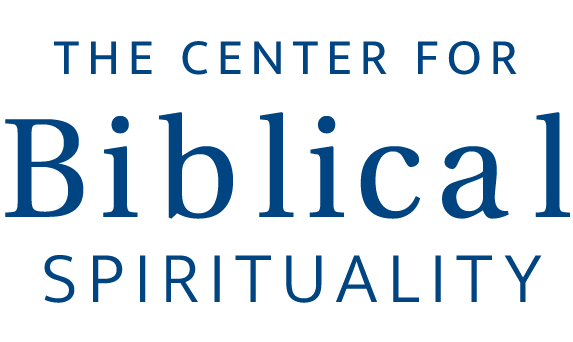
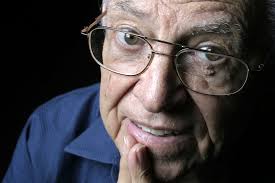
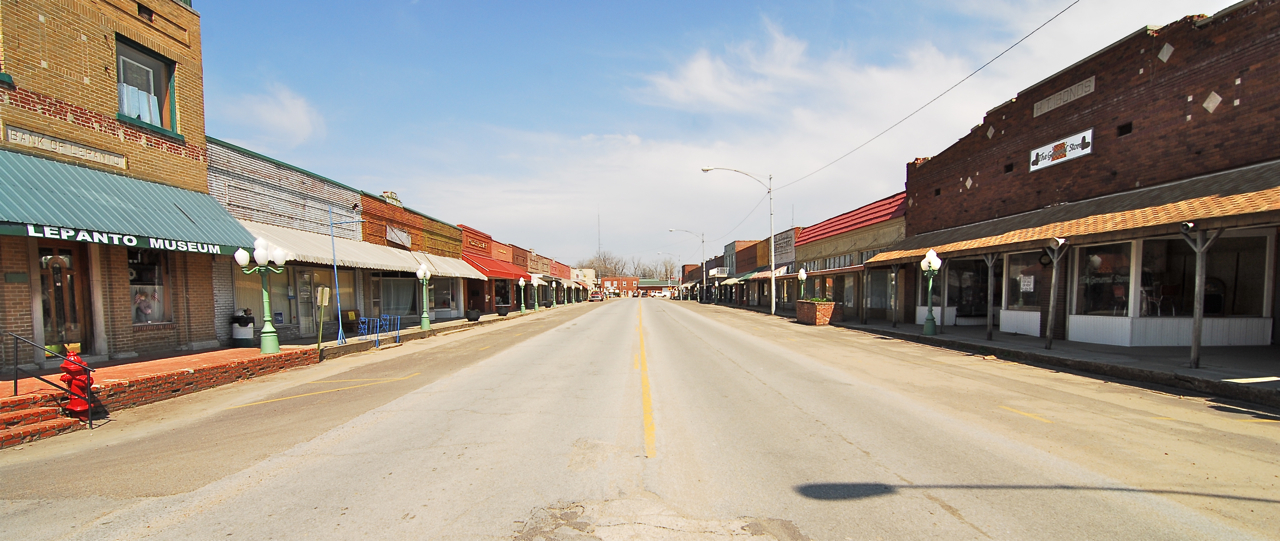
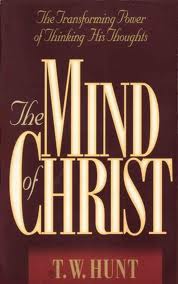

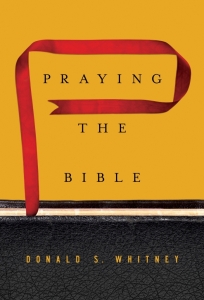
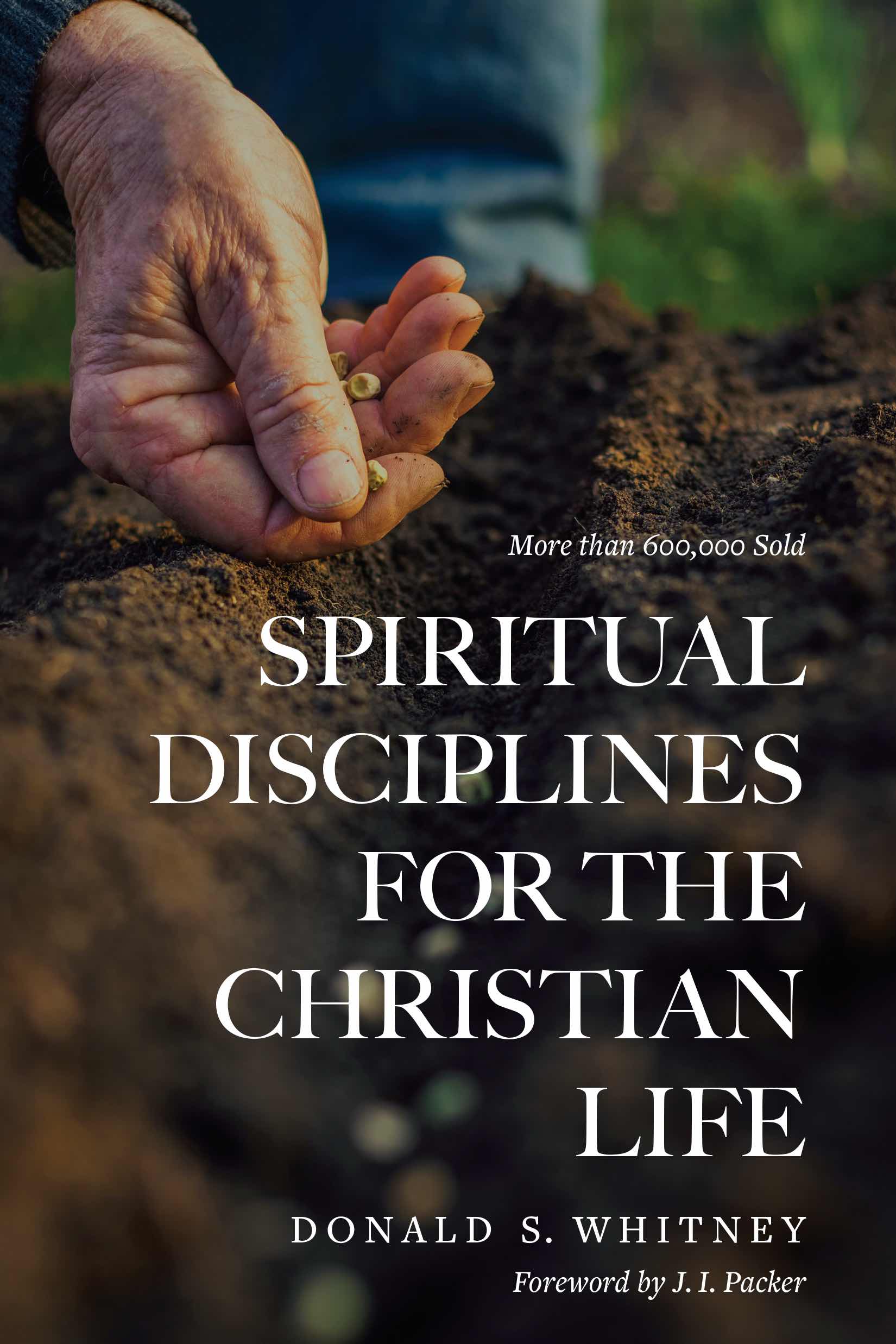
Trackbacks & Pingbacks
[…] Hunt passed away recently, after leaving a rich legacy of personal leadership and devotion to God. Thanks to Donald Whitney for allowing this repost which ran recently on his site here. […]
Leave a Reply
Want to join the discussion?Feel free to contribute!